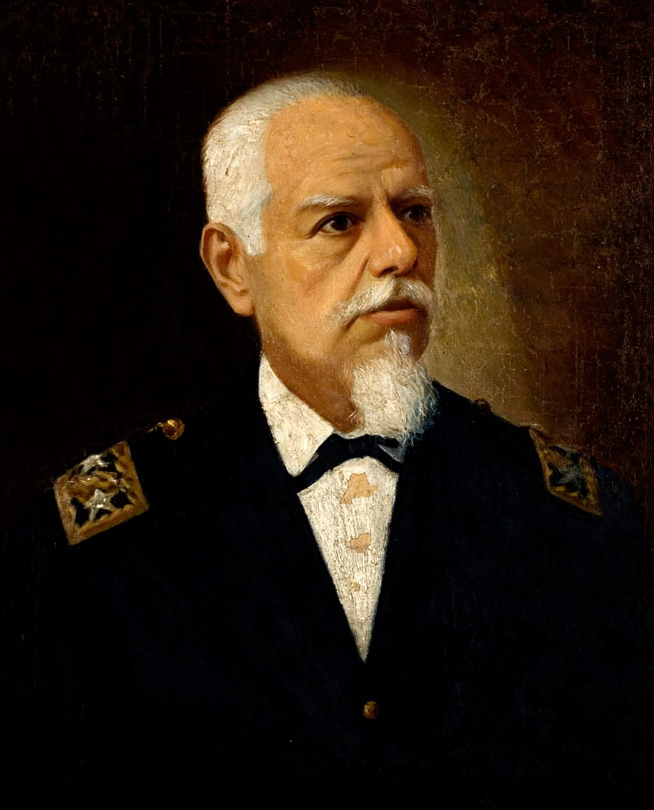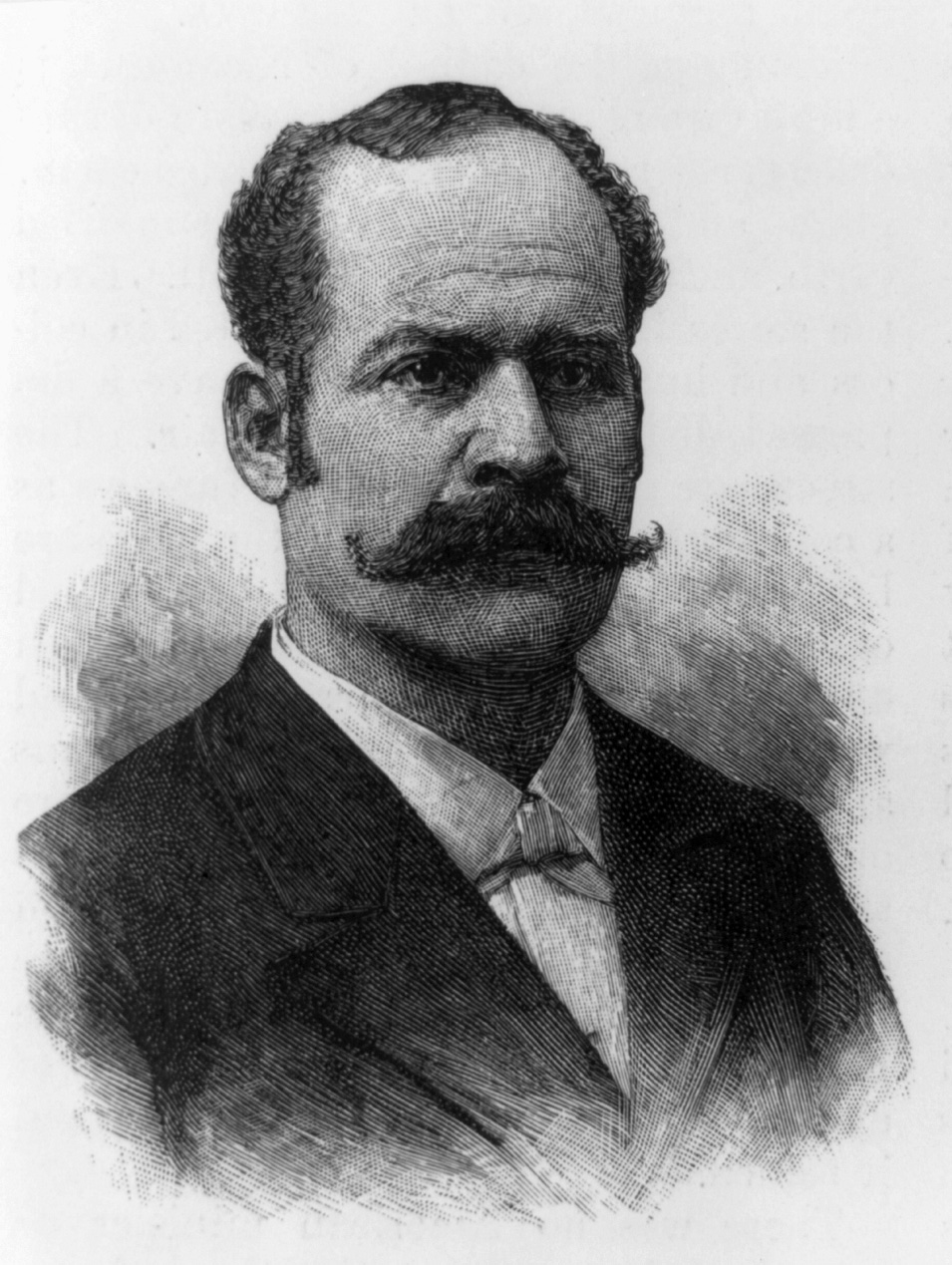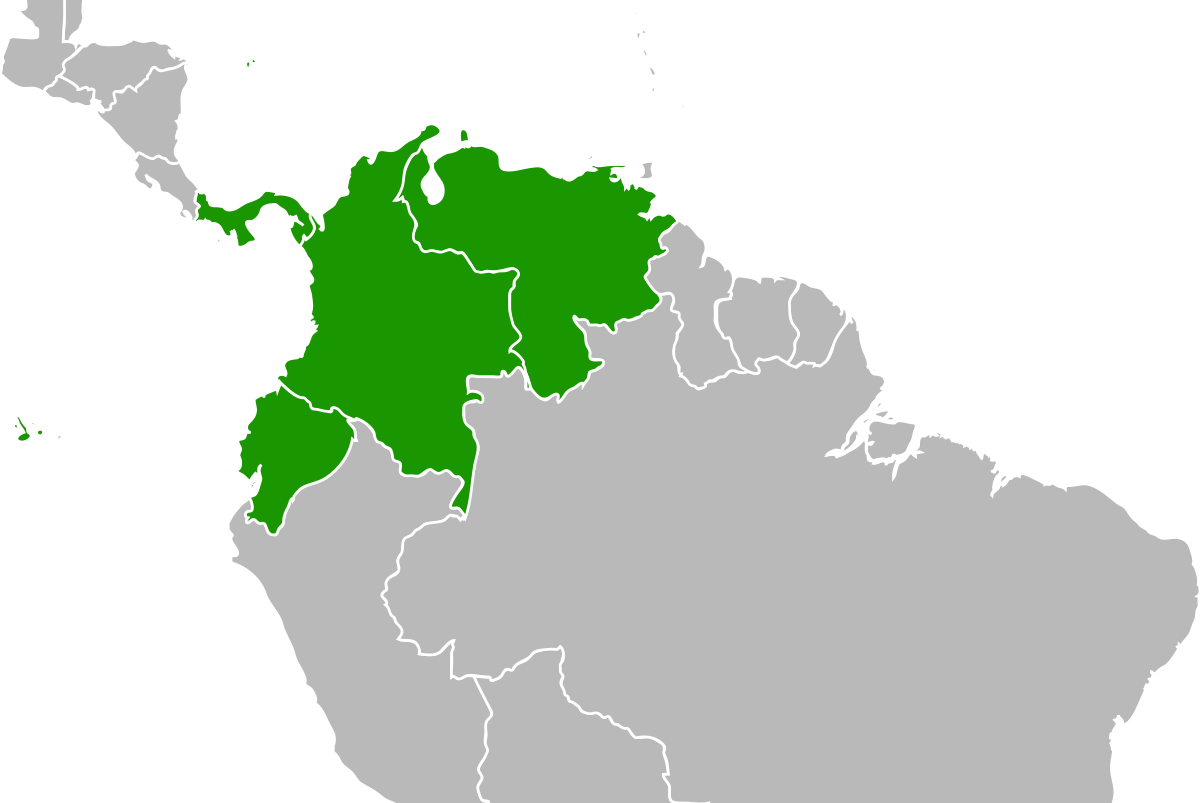Chapter 6: Ghosts of the Past
As President Tilden is inaugurated in March of 1877, he has no idea that a great controversy is brewing. A Yale History student, whom no one ever seems to recall his name, has just published a dissertation on the events leading up to, and through, the Walker Filibuster in what is now the US territory of Nicaragua and the paper unofficially called the
European Betrayal. Within a month, diplomatic messages are flying back and forth as some in Congress openly call for war against the two powers. The paper has shown that, without any doubt, not only did French Mexico use its ports to ship out cotton, beef, and tobacco from the CSA and funnel both money and weapons back to them, the UK also helped send arms and supplies from the CSA via Mexico to support Walker directly in his filibuster. This claim helped solve the puzzle on how Walker was able to stay in power so long, it was with the CSA’s help (and their hope) that he stayed in power, planning to join the CSA as a new slave territory once they won their independence, the first step in the Golden Circle that would build a slave empire around the Caribbean and the Gulf of Mexico. There was also included a partial members list of the Knights of the Golden circle, which included two well-known names; John Wilkes Booth attempted assassin of Lincoln, and current outlaw and folk hero Jesse James. The paper went on to suggest that this aid directly led to the lengthening of the war and cost a combined 50,000 to 100,000 extra deaths than may have occurred without their interference. President Tilden knew that only a decade out from the civil war, the US was simply not capable of taking on two powers and only through tense negotiations throughout the summer of 1877 was he able to negotiate a public apology from the two nations as well as a temporary trade deal to provide relief from UK and French tariffs in an attempt to appease the US Congressman. This in the end did work as it took away enough support to prevent a war declaration, but in the years to come, both powers would learn that the US Congress has a very long memory. It was later discovered through a private letter to the British PM, that Tilden had openly expressed hope that this would blow over and that the US could form a strong trade alliance if not future military alliance due to the shared culture and language with the British. Many historians suspect this is what would cost Tilden re-election, as many Americans viewed him as an Anglophile and a puppet, thinking he loved the British too much to properly punish them for their transgression revealed by the
European Betrayal.
While the talks with the British and French were underway, President Tilden was also dealing with the ongoing Indian Wars that had not yet ended and had in fact spiked again with the Dakota Gold Rush of 1875 to 1877 bringing miners in conflict with the natives, leading to the Great Sioux war. Union civil war hero General George Custer would end up being killed in this conflict, dying during the Battle of Little Bighorn in a battle led by Crazy Horse. While the gold rush had caused an economic boom in the Dakota territory, another boom was going on in the Oklahoma and Sequoyah territories as the cattle industry was boom and taking advantage of the railroads to ship their beef nationally and internationally. Trails like the Chisholm trail, the Great Western Trail, and the Shawnee trail help spawn trading posts that would grow into boomtowns all along the way, bringing in great wealth to the two territories. However, in the Oklahoma territory the same wealth was also met with an uptick in violence between majority white and Latino cowboys and the local black majority, eventually leading to an end of the trails that went through Oklahoma by the mid 1880s as the ranchers were tired of the violence claiming good ranch hands and repair bills that had to be paid for busted up saloons and hotels. It would lead to a slight economic downturn that would only go away in the mid 1890s a decade later thanks to black gold but that will be discussed in a later chapter.
While happy for the growth of the Civilized Tribes in Sequoyah, the Indian Wars showed there was much to be done amongst the like of the Apache, Sioux, and Commanche. Especially since more natives, referred to in the former Ruperts Land as First Peoples, had been acquired with the land purchases since the end of the civil war. President Tilden, using a survey started under President Grant, decided to use the ongoing bloodshed as a way to convince Congress to support a new proposal of his. He proposed the creation of two large, semi-autonomous zones for the Natives (aka, First Peoples) to be created out of the new lands. These lands would be open to ALL natives who did not wish to live under “white man's rule” as they would say. In return for essentially allowing them to live as they see fit, they agree to abide by certain national laws, provide troops when the US declares war, and use US currency when financial transactions occur, as well as allow occasional surveys of the land and wildlife on behalf of the Federal Government. The first territory was called Utqiagvik Reservation, most people simply refer to it as the North Slope Borough, making up most of Northern Alaska and the primary land controlled by the Iñupiat peoples. The second was carved out of land that sits between the two states east of what was then called British Columbia, the states of Mackenzie and Saskatchewan. The Cree Reservation, which is the more populous of the two as it ended up welcoming over 100,000 refugees from the lower United States due to the Indian Wars. This is one of few, well regarded policies of the President and is universally agreed to have helped prevent the same wars from springing up in the new territories. Future oil and gas discoveries within both territories would one day help fund the Reservation governments, allowing for free education and health care to all natives within their borders.
In July of 1877, a major raid was conducted by agents of the Kingdom of the Mosquito coast, a nation made up of local natives, former slaves of the Spanish colonies and pirates. President Tilden decided it was time to deal with this land and ordered the Army to mount an expedition to finally eradicate the threat. The local garrison of 1,000 was reinforced with 5,000 men in early September and the combined 6,000 marched into the land and easily overwhelmed local resistance, with the remnants of the Kingdom government fleeing to its lands north of Nicaragua and east of Honduras. The land below this would be annexed officially by the US Congress in October and added to the territory of Nicaragua. The British protested, as they had officially recognized the Kingdom, however, the ongoing crisis due to the European Betrayal led to no action being taken by any European power to intervene. 1877 which had started off so well for Tilden would eventually end with what amounts a lame duck Presidency and not even a full year into his term.
Internationally as 1878 began the world sees Russia at war with the Ottomans and the British. The British ended up gaining control of Cyprus via treaty with the Ottomans and the Congress of Berlin called in June and in July a negotiated peace with the Russians and Ottomans, The Treaty of Berlin makes Serbia, Montenegro and Romania completely independent, confirms the autonomy of Bulgaria, makes Cyprus a British possession, and allows Austria-Hungary to garrison the Bosnia Vilayet. In July a Yellow fever epidemic hits New Orleans. This is the first time it is pointed out a possible connection between mosquitos and disease transmission, though it would be another decade before that was proven. Due to the anger of the response to the
European Betrayal, the Republicans would make major gains the midterm elections this year, further hamstringing President Tilden. Despite the fact that he did manage to accomplish some things like the native reservations in Ruperts Land and Alaska, his Presidency would be remembered as the “Do Northing” Presidency, as he was never able to truly move beyond the Anglophile claims. So bad was it, that he was only the second incumbent to not gain his parties nomination in 1880 (first since Franklin Pierce in 1856) as Winfield Scott Hancock, a Union hero, faced off with James Garfield. Garfield would win the Presidency and Tilden’s term would mercifully end in March 1881.
Notes: Mosquito Kingdom wasnt absorbed until 1894, moved that up a bit because the US would not have allowed any actions like that on the borders of their territory without responding. As for the short chapter, all I can say is I liked changing up the President but really I hate the Gilded Age. Yes, there are critical things that happen in terms of technological innovation but the period as a whole bores me to death. I am seriously thinking of doing a brief summary of the intervening years between 1881 and 1895, simply because I have found no motivation to write anything for these years. A lame reason I know, but its hard to write when you simply have no motivation. Most of the story I have outlined led up a President Tilden and then there was a huge gap before the next part which picks up just before McKinley election. I firmly believe the story will be better at that point in time. No final decision made but highly likely a huge time jump coming.




